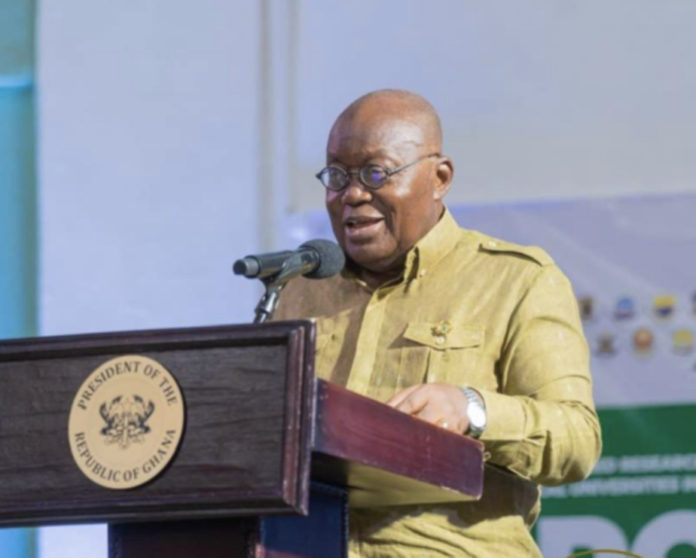President Nana Akufo-Addo says the citizens’ ability to access information should not be merely a procedural aspect of governance, but a fundamental pillar of democracy.
Therefore, it was incumbent upon public officials to be open transparent and accountable by providing the necessary information to the citizens to make informed decisions.
He, thus, underscored the need to make access to information a fundamental human right for all by shifting from the mindset of “secrecy to openness” because information was the lifeblood of democratic participation.
President Akufo-Addo made these remarks in a speech read on his behalf by the Minister of Education Yaw Osei Adutwum, during the opening ceremony of the 2024 International Day for Universal Access to Information in Accra on Tuesday.
“Public officials must recognise that information is not their property to withhold but a public good to be shared freely.
“Our government ministries, departments and agencies must proactively make information available, not just in response to requests but as a matter of course,” the President stated.
Ghana is the first nation in Africa to host the International Day for Universal Access to Information (IDUAI) being held on the theme “Mainstreaming Access to Information and Participation in the Public Sector.”
The two-day conference, organised by the United Nations Education, Scientific and Cultural Organisation (UNESCO), in collaboration with the Government of Ghana, brought together more than 2,000 participants from across the globe, including ministers of Information, Communication, policy-makers, civil society organisations and development partners to chart the way forward towards making access to information easy for everyone.
The President said the Government, over the years, has been striving to achieve a “Ghana where information is not a privilege but a right, and where active participation in public life is open to all, irrespective of background or status”.
“It is my firm belief, one shared by many in this room and around the world, that access to information is not merely a procedural aspect of governance, but a fundamental pillar of democracy,” the President stated.
“A well-informed citizenry is a powerful force—able to hold leadership accountable, demand better services, and participate meaningfully in the development of their nation,” he added.
The President believed that access to information was the lifeblood of democratic participation, hence in 2019, he assented to the Right to Information Act, which had languished on the shelves for decades under successive governments.
President Akufo-Addo believed that the passage of the law was both a legislative achievement and a victory for every Ghanaian who believed in transparency and good governance.
“It was a fulfilment of our commitment to make governance more open, accountable, and responsive to the needs of the people,” he added.
“We must move beyond merely passing laws. We must embed access to information into the very fabric of our public sector institutions, “the President stated.
The President said Ghana had made great strides in the digitisation of public services to the creation of open data platforms.
“We are working to ensure that the walls of bureaucracy no longer stand in the way of information flow. But we must acknowledge that more remains to be done,” he stated.
“As President, I remain committed to ensuring that access to information is not seen as an afterthought but as a priority in every public sector reform,” the President assured.


